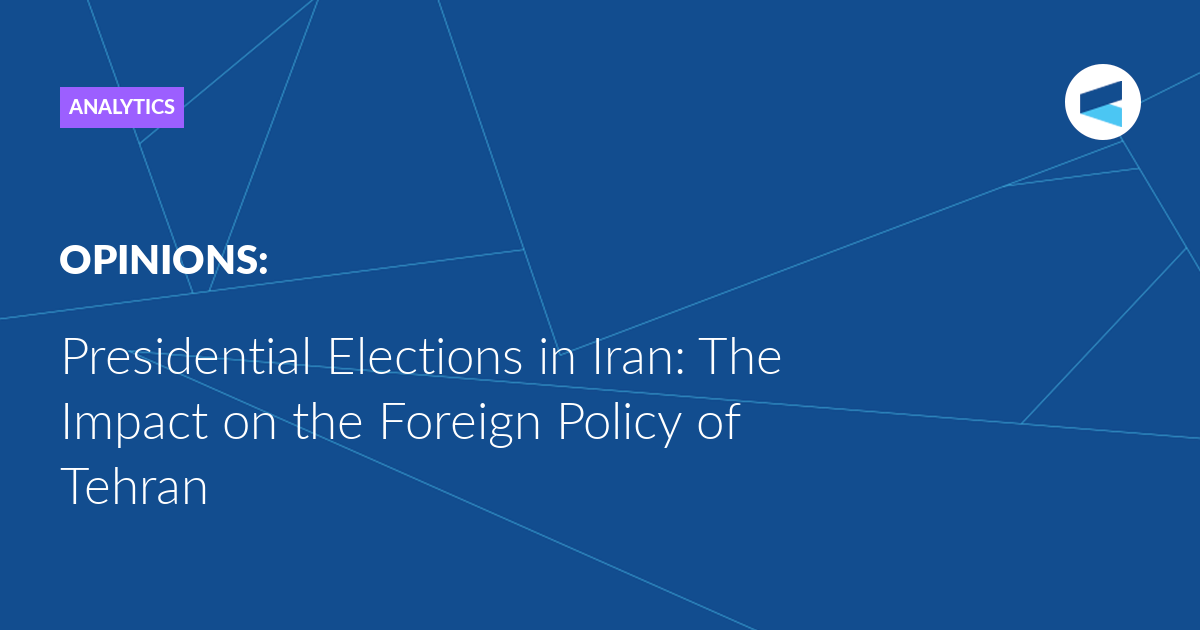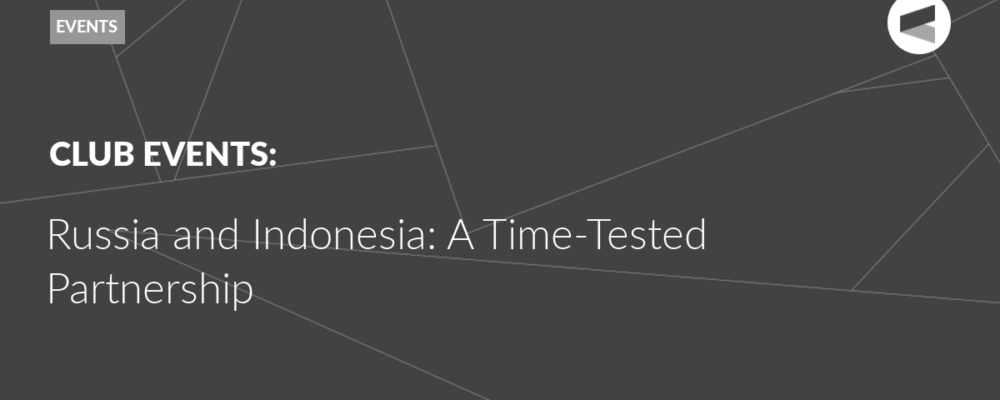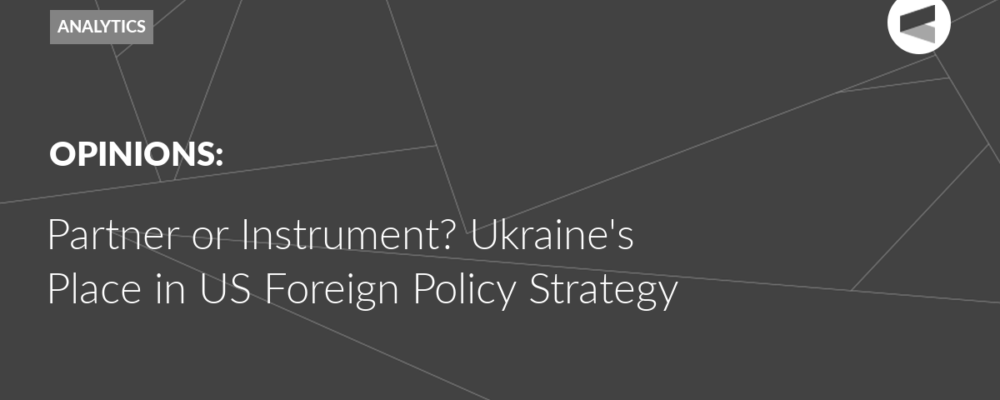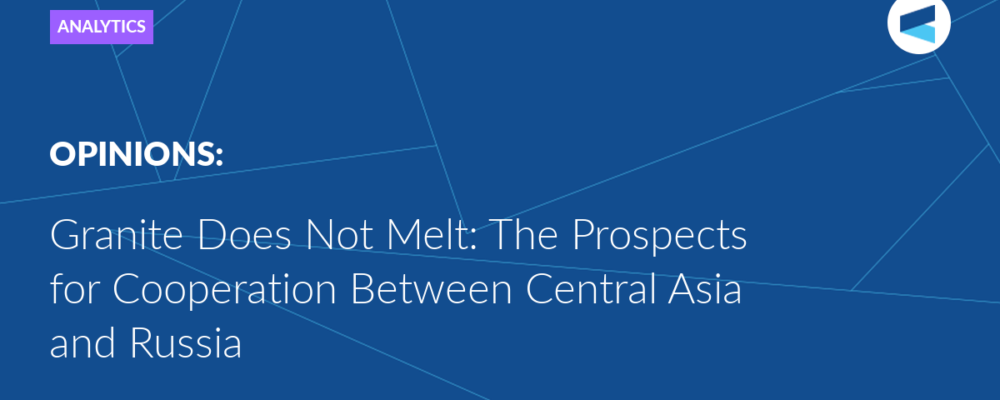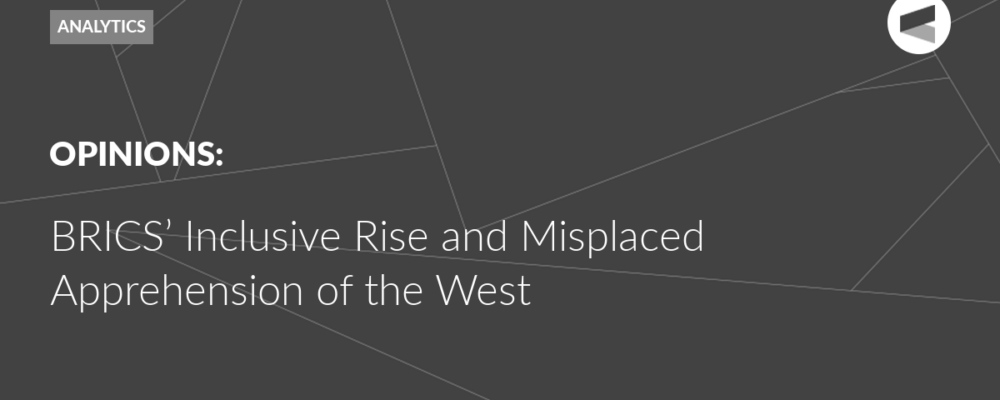We can assume that the new Iranian president and his pro-reform team will strive to pursue a more balanced foreign policy course; without highlighting any of its directions, it will advance where circumstances allow, without crossing the “red lines” outlined by Iran’s top leadership, Alexander Maryasov
writes.
The victory of the moderate reformer Masoud Pezeshkian in Iran’s early presidential elections came as a surprise to many, both in the Islamic Republic and abroad. It cannot be ruled out that what happened was the result of a well-thought-out tactic by Iran’s supreme leader Khamenei, who, by allowing Pezeshkian to participate in the elections, wanted to increase voter turnout and to confirm the legitimacy of the Islamic system, and give reformist circles the opportunity to resume the negotiation process with the West on the Iranian nuclear programme, with the prospect of lifting or at least weakening Western sanctions.
The implementation of the multi-vector foreign policy course proclaimed by the new president, which provides for the restoration of ties with the West, the development of cooperation with Russia and China, and the establishment of good neighbourly relations with Arab states, will be strictly controlled by numerous conservative bodies and the leader of the Islamic Republic of Iran, who has the final word on the most important issues of domestic and foreign policy.
The fact that in the first round of voting, the conservatives did not unite their efforts in support of a single candidate, which would have ensured victory over the reformer Pezeshkian, as well as the fact that in the second round the conservative camp was not mobilized to support its representative Saeed Jalili, suggests that this was not an accident, but a well-thought-out tactic of Iranian Supreme Leader Ali Khamenei. It reflects several goals. First, to increase the turnout of voters supporting the reformist wing. This was achieved. Voter turnout increased from 40 percent in the first round to 50 percent in the second. Second, Pezeshkian’s pro-Western rhetoric may be used to defuse tensions in relations between Iran and the Western countries, to launch, if possible, a negotiation process on restoring or reformatting the JCPOA with the aim of lifting or easing sanctions. The proposed appointment of Abbas Araghchi, the leading negotiator on the nuclear deal in the government of Rouhani, to the post of foreign minister, can contribute to the success of the negotiations. Former foreign minister Mohammad Javad Zarif, who maintained direct contacts with the Americans during the development of the JCPOA, actively participated in the election campaign of Pezeshkian and is an adviser to the newly elected president on international affairs.
Even before the formation of the cabinet of ministers, the new Iranian president outlined the main vectors of his foreign policy.
The central point of foreign policy activities is the improvement and development of relations with neighbouring Arab countries, the expansion of trade and economic ties, investment cooperation, and progress towards the creation of a strong regional system of constructive dialogue and security, which is free from foreign interference.
Confirming his commitment to the armed resistance to Israeli aggression and support of the Palestinian struggle for the creation of an independent Palestinian state, Pezeshkian called on the Arab states to more actively seek a ceasefire in Gaza and work to prevent the further expansion of the Palestinian-Israeli conflict.
The president made a special emphasis on the importance of developing relations with Russia and China. He noted that they have always been with Iran in difficult times and he highly values their friendship. Russia, as Pezeshkian emphasised, is a valuable strategic partner of Iran and the new government will be committed to expanding and deepening Russian-Iranian cooperation, including within the framework of the SCO, BRICS and the EAEU.
Iran will develop mutually beneficial relations with rising players in the Global South, including African and Latin American countries.
Critically assessing the inability of Western European countries to resist American sanctions pressure with regards to Iran, the president noted that Tehran is nevertheless ready for a constructive dialogue with Europeans on the principles of equality and mutual respect. There are many areas of mutually beneficial cooperation that can be successfully developed if Western countries abandon the position of arrogant moral superiority and stop creating artificial crises that have until recently marred bilateral relations.
The United States was advised to give up its policy of blackmailing and applying sanctions pressure against Iran, which has not achieved and will not achieve the goals set by Washington. Stressing that Iran’s defensive doctrine does not provide for the possession of nuclear weapons, Pezeshkian accused the United States of undermining the non-proliferation agreement and aggravating the situation in the Middle East.
It appears that the new president turned to a deliberately harsh characterisation of the state of Iran’s relations with the countries of Western Europe and the United States in his description of his international plans in order to demonstrate his commitment to the foreign policy guidelines of the conservative camp and the leader of Iran on the eve of the upcoming confirmation of government members in the Majlis (parliament), where conservatives predominate.
The European Union positively perceived Pezeshkian’s intention to promote Iran’s relations with European countries, but emphasised that it would have contacts with Tehran exclusively within the framework of a “critical dialogue”, that is, demanding that Tehran “respect the democratic rights” of the Iranians and renounce military-technical cooperation with Russia, ending support for pro-Iranian forces in the Middle East.
The US State Department has directly stated that Washington is not going to reconsider the nature of its relations with Iran, even under the new Iranian president. Although indirect contacts through Arab mediators on nuclear affairs between Tehran and Washington are periodically carried out, it is hardly worth counting on a quick resumption of the negotiation process on nuclear issues, taking into account the domestic political situation in the United States and the problems facing the upcoming elections.
Pezeshkian has declared full support for the line pursued by the Islamic Revolutionary Guard Corps (IRGC) and its elite Quds Force unit to strengthen regional pro-Iranian organisations and groups included in the so-called “axis of resistance” that carry out military actions against Israel. Due to the sharp escalation of armed confrontation between Israel and the Lebanese group Hezbollah, Pezeshkiyan has assured the leader of this organisation, Hassan Nasrallah, that Tehran will continue to firmly support this Shiite group. The new president made a similar statement in a telephone conversation with Hamas leader Ismail Haniyeh.
In general, we can assume that the new Iranian president and his pro-reform team will strive to pursue a more balanced foreign policy course; without highlighting any of its directions, it will advance where circumstances allow, without crossing the “red lines” outlined by Iran’s top leadership.
The Valdai Discussion Club was established in 2004. It is named after Lake Valdai, which is located close to Veliky Novgorod, where the Club’s first meeting took place.
Please visit the firm link to site


